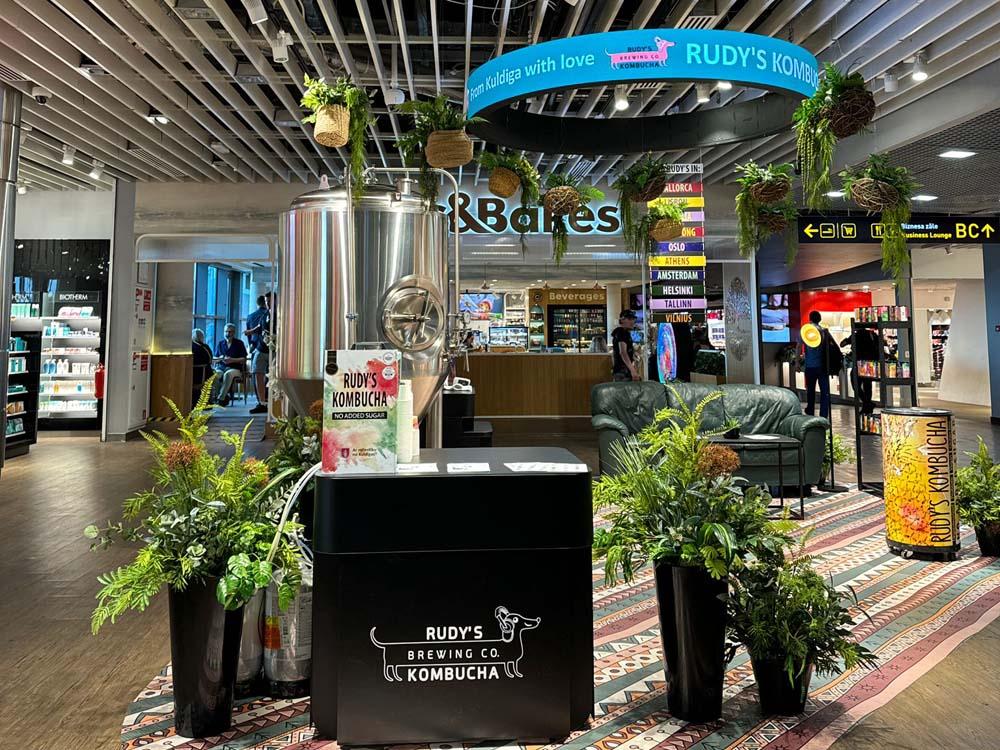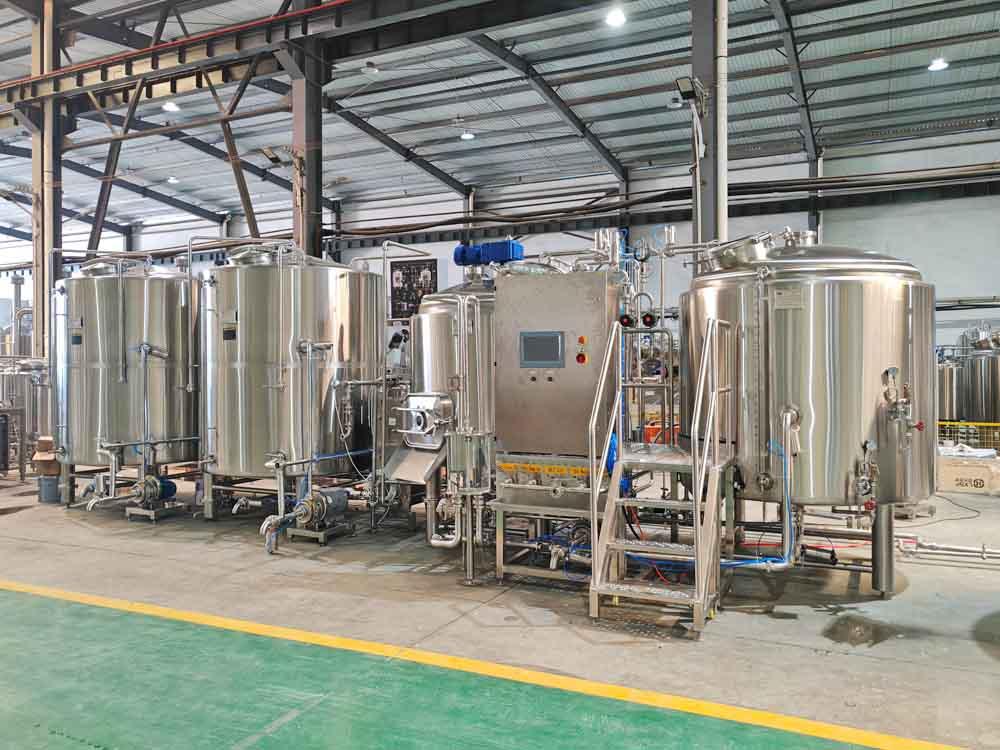Is it OK to install chiller of brewery equipment on roof?
- May 30, 2023
- 146
- tiantai
As a professional beer brewery equipment supplier, we have met many clients wanna install their chillers on top of roof due to limited installation space. About whether this plan is feasible, our answer is yes. But here are some considerations:

I. Structural Integrity: Ensure that the roof structure is capable of supporting the weight of the chiller and associated equipment. Consult with a structural engineer to assess the load-bearing capacity of the roof, just like when you confirm loading capacity for the beer brewery equipment inside your building.
II. Access and Safety: Consider how the chiller will be installed and maintained on the roof. Adequate access points, such as stairs or a service elevator, should be available. Additionally, safety measures, like guardrails or barriers, might be necessary to prevent accidents.
III. Weather Conditions: Evaluate the local climate and weather patterns. Extreme temperatures, high winds, excessive rainfall, or exposure to direct sunlight can impact the chiller's performance. Ensure that the chiller is designed to withstand these conditions or take appropriate measures to protect it, some of our clients who installed the chiller of brewery equipment outside done some fence or ceiling to protect the chillers.
IV. Maintenance and Serviceability: Ensure that the chiller can be easily accessed for routine maintenance, repairs, and inspections. A rooftop installation should provide convenient and safe access for technicians to carry out these tasks.
V. Regulations and Permits: Check local building codes, zoning regulations, and any permit requirements related to installing chiller of brewery equipment on the roof. Compliance with these regulations is essential to avoid legal issues.
And one more question should be noted, our standard chiller with a small glycol water pump inside. If the glycol water tank would be installed at a lower position, this pump should be taken out and being installed at same level as glycol water tank.
It is advisable to consult with a professional engineer or a qualified contractor experienced in brewery equipment installations to evaluate the specific conditions and provide appropriate recommendations based on your brewery's requirements and local regulations.
Laura Hou
Sales Manager
Tiantai Beer Equipment
[email protected]
I. Structural Integrity: Ensure that the roof structure is capable of supporting the weight of the chiller and associated equipment. Consult with a structural engineer to assess the load-bearing capacity of the roof, just like when you confirm loading capacity for the beer brewery equipment inside your building.
II. Access and Safety: Consider how the chiller will be installed and maintained on the roof. Adequate access points, such as stairs or a service elevator, should be available. Additionally, safety measures, like guardrails or barriers, might be necessary to prevent accidents.
III. Weather Conditions: Evaluate the local climate and weather patterns. Extreme temperatures, high winds, excessive rainfall, or exposure to direct sunlight can impact the chiller's performance. Ensure that the chiller is designed to withstand these conditions or take appropriate measures to protect it, some of our clients who installed the chiller of brewery equipment outside done some fence or ceiling to protect the chillers.
IV. Maintenance and Serviceability: Ensure that the chiller can be easily accessed for routine maintenance, repairs, and inspections. A rooftop installation should provide convenient and safe access for technicians to carry out these tasks.
V. Regulations and Permits: Check local building codes, zoning regulations, and any permit requirements related to installing chiller of brewery equipment on the roof. Compliance with these regulations is essential to avoid legal issues.
And one more question should be noted, our standard chiller with a small glycol water pump inside. If the glycol water tank would be installed at a lower position, this pump should be taken out and being installed at same level as glycol water tank.
It is advisable to consult with a professional engineer or a qualified contractor experienced in brewery equipment installations to evaluate the specific conditions and provide appropriate recommendations based on your brewery's requirements and local regulations.
Laura Hou
Sales Manager
Tiantai Beer Equipment
[email protected]




